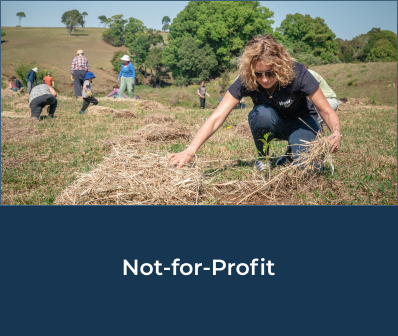Over the past few months, we have all experienced a significant decline in our investment portfolios and real estate assets. Although these are tough times for all investors, the silver lining is that with proper planning, the lower market value can reduce the eventual tax upon death and maximize the tax deferred to the next generation by carrying out an estate freeze or re-freeze. This article will discuss estate freezes and re-freezes, as well as how they can be used to achieve significant tax savings.
Estate Freeze – Defined
An estate freeze is the reorganization of your assets whereby the current value of the assets allocated to you is ‘frozen’ at a point in time; any future increase in value is allocated to the next generation. Some of the common assets included in an estate freeze include the shares of a private corporation, real estate properties, and non-registered investment portfolios. A family trust is typically introduced in an estate freeze to provide the flexibility to transfer your assets to the next generation while maintaining control over the assets during the lifetime of the trust.
Under Canadian tax, an individual is generally deemed to have disposed of all his or her property at market value immediately prior to death which is why an estate freeze is so important. A deemed disposition can often result in a hefty tax bill for the estate. An estate freeze can reduce the taxpayer’s tax at death by calculating the tax using the value at the time of the estate freeze instead of the value at the time of death, which would typically be higher. The benefit is two fold: (1) The taxpayer can calculate the potential tax on death since the value the tax is calculated on is frozen and known, allowing the individual to plan ahead and ensure there is sufficient liquid assets to pay the taxes on death; (2) Any growth in the value on the assets subsequent to the estate freeze date will be allocated to the next generation and the tax to the estate will be deferred.
What is an Estate Re-freeze
If a freeze has already been implemented previously based on higher market value and the current value of the assets has decreased, an estate re-freeze allows the value of the assets to be re-frozen at the current lower value.
Tax Savings from an Estate Freeze and Re-freeze
The potential tax savings from an estate freeze can be quite significant. Take for example the following facts:
- John and Sarah each own a non-registered portfolio consisting of Meta stock with a cost base of $1M. They don’t believe in diversification;
- John and Sarah have two adult children and would like to pass their wealth to their kids;
- The FMV of the Meta stock 1 year ago was $4M;
- The current FMV of the Meta stock has decreased to $2M;
- Virtual reality will eventually take over and we will never leave our homes, meaning the value of the Meta stock held by John and Sarah is expected to increase to $7M in the next ten years.
- John and Sarah are both in the top federal and Ontario marginal tax bracket.
If John and Sarah were to pass away ten years from now, there would be a deemed disposition of all of their property, including the shares of Meta with a value of $7M. Given a marginal tax rate of 26.76% on capital gains, this would amount to $1.61M [($7M – $1M) x 26.76%] in combined taxes for both John and Sarah.
If John and Sara carried out an estate freeze last year when the Meta stock was worth $4M, they will continue to hold the freeze shares worth $4M. If John and Sara were to pass away in ten years, the capital gain at that time would only be calculated on the $4M value set during the estate freeze. The combined taxes payable by John and Sarah would be $803K [($4M – $1M) x 26.76%]. Ultimately, the estate freeze would save the family $807K [$1.61M – $803K] in taxes compared with not implementing an estate freeze.
Lastly, assume John and Sarah implemented the estate freeze last year. However, because Mark Zuckerberg continues to invest billions of dollars into the Metaverse and the general public is still trying to figure out what the metaverse is, the FMV of the Meta shares owned by John and Sarah has dropped to $2M. John and Sara should implement a re-freeze so that the new freeze shares have a value of $2M. The combined taxes payable by John and Sarah on their death would amount to $268K [($2M – $1M) x 26.76%]. Consequently, the estate re-freeze would save John and Sarah an additional $535K [$803K – $268K] in taxes compared with only implementing an estate freeze as illustrated above.
GG Observations
Professional advice is required when carrying out an estate re-freeze because there could be adverse tax consequences if implemented incorrectly. Additionally, an accredited business valuator will need to adequately document and support the new lower valuation prior to implementing an estate re-freeze.
If you are looking to reduce your taxes by carrying out an estate re-freeze, Grewal Guyatt LLP has extensive experience in assisting clients with valuation and tax advisory services. For more information, please contact our tax team.




























